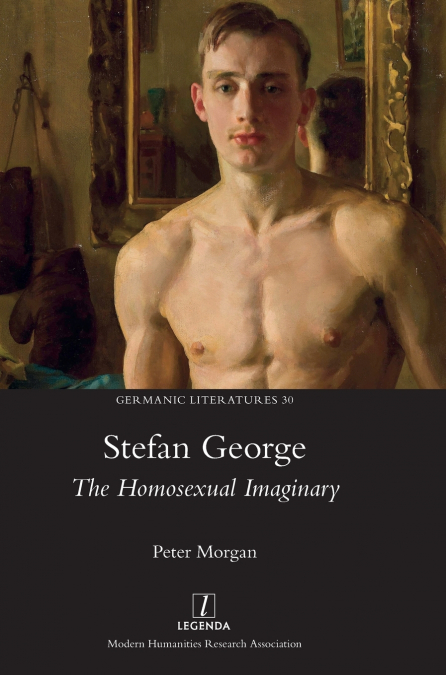
 Librería Perelló (Valencia)
Librería Perelló (Valencia)
 Librería Aciertas (Toledo)
Librería Aciertas (Toledo)
 El AlmaZen del Alquimista (Sevilla)
El AlmaZen del Alquimista (Sevilla)
 Librería Elías (Asturias)
Librería Elías (Asturias)
 Librería Kolima (Madrid)
Librería Kolima (Madrid)
 Donde los libros
Donde los libros
 Librería Proteo (Málaga)
Librería Proteo (Málaga)
In an era of social crisis and change at the end of the 19th century, the German poet Stefan George created a modern social imaginary for homosexual men. The newly-coined term ’homosexual’ gave expression to an emerging category of modern man. But in discovering himself, the modern homosexual found little resonance in the society around him. Through his poetry George created a sense of connectedness and imagined possibilities of liaison, friendship and community among homosexual men where none had existed before. In volumes of verse from the early 1890s until his final volume in 1928, George created a lyric vita, tracing the contours of a homosexual life in language that moves from dark to light, loneliness to companionship. But it is not an easy journey. The period in which George wrote was an era of normative, even militant masculinity. As war raged, George’s poetry engaged with tragedy and grief at the loss of the men he loved. Yet his lyric vita ends with a final poetic statement of refusal, which is also the poet at his most authentic: a refusal to mask his true self.Peter Morgan is Professor of European Studies at the University of Western Australia.